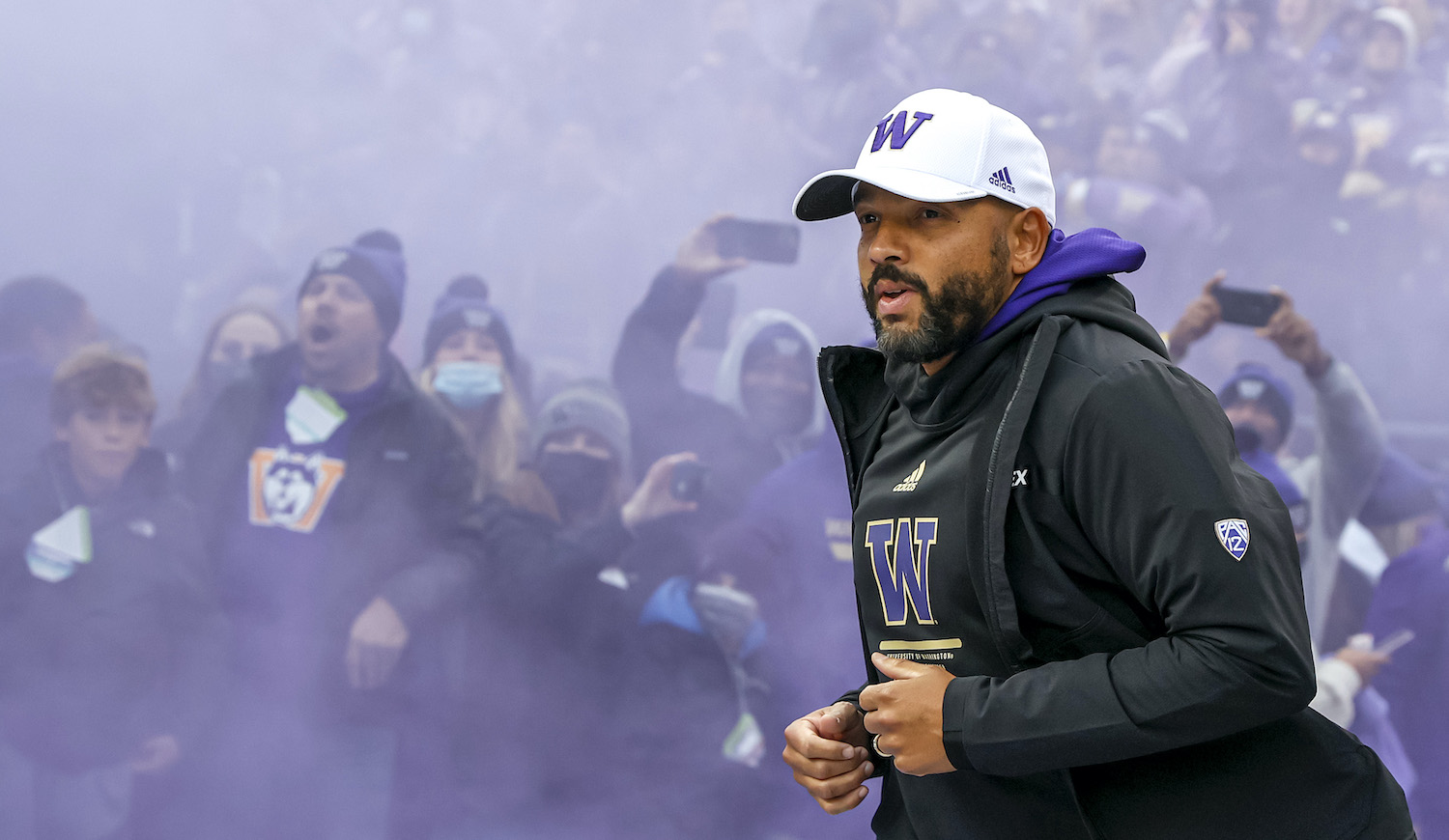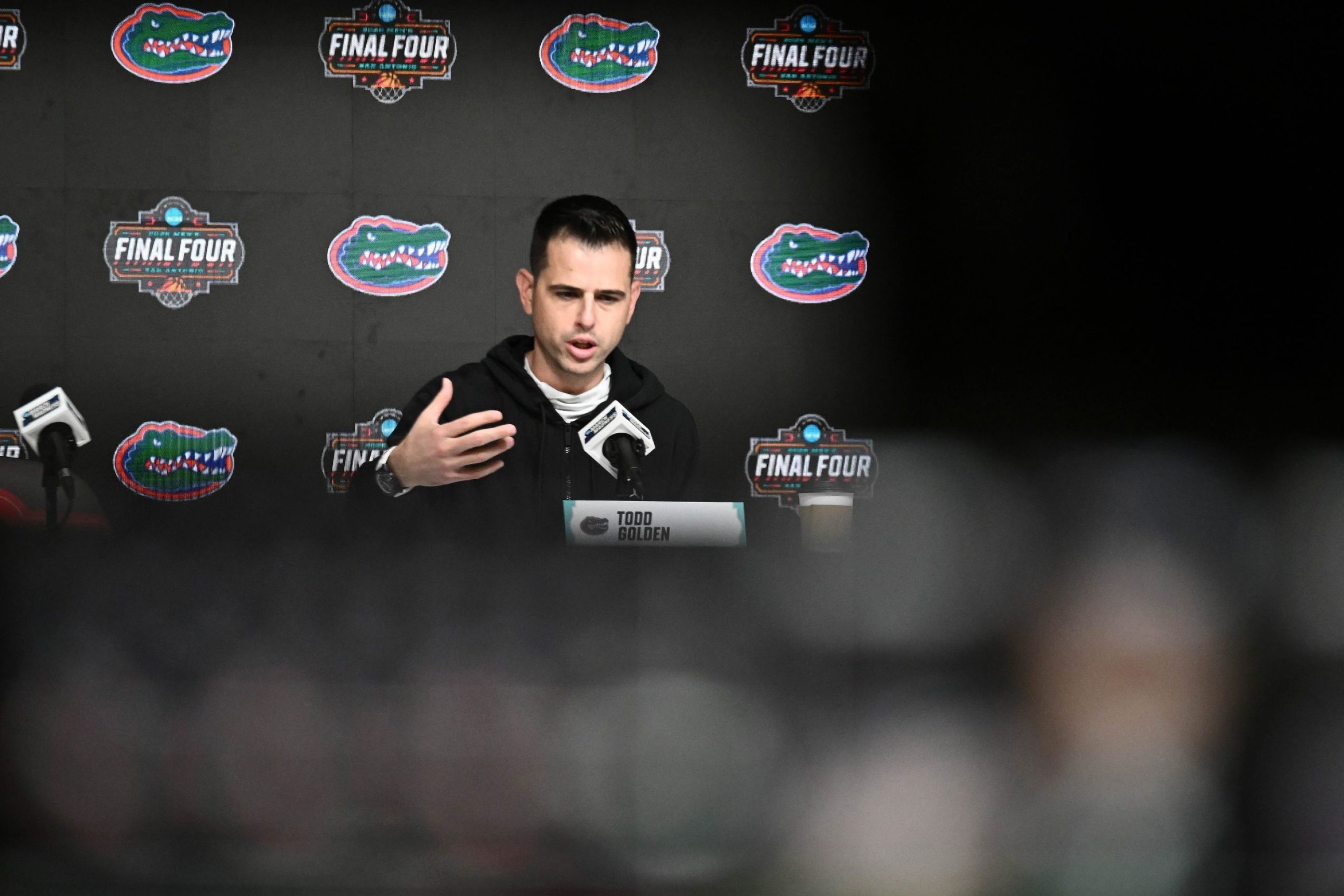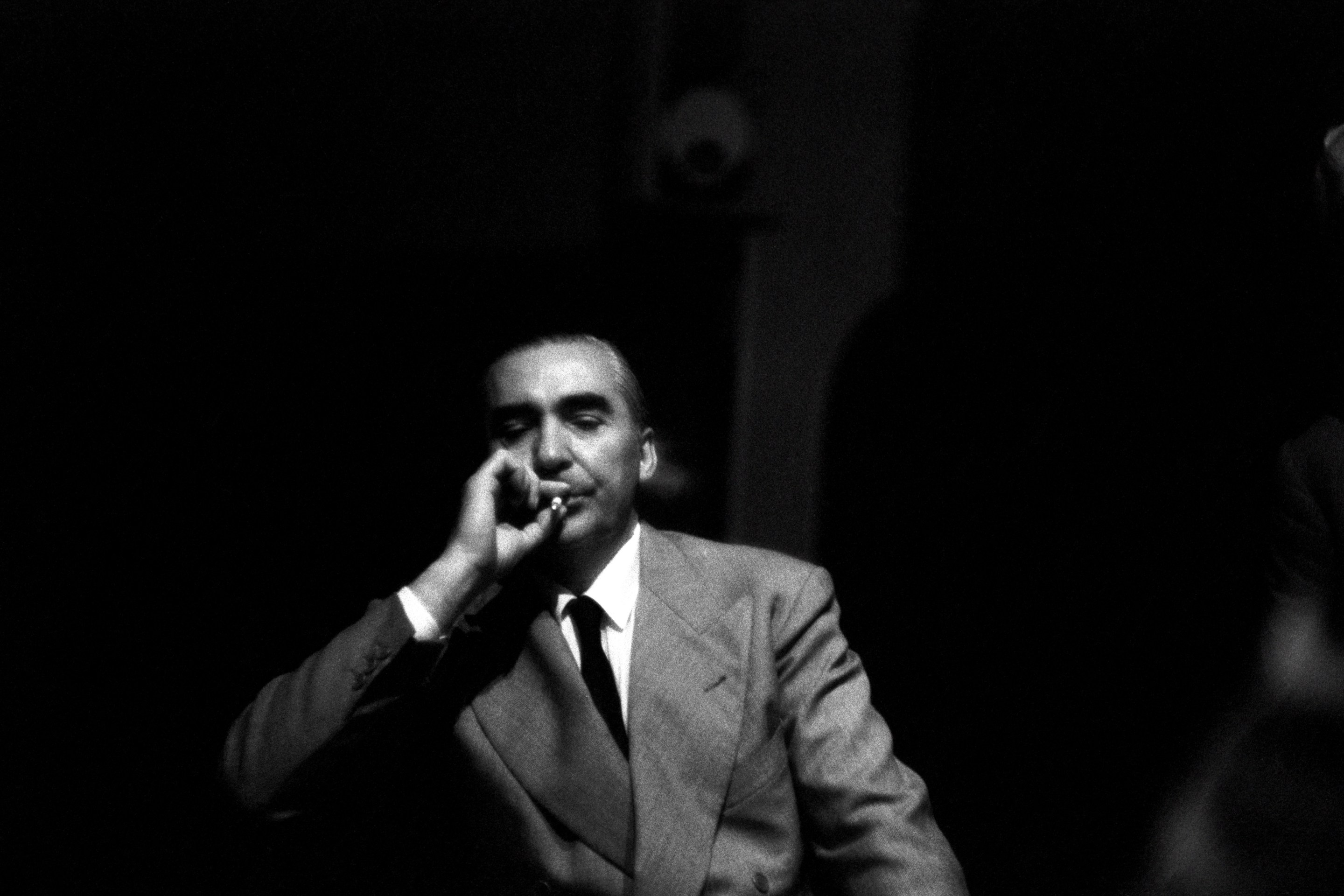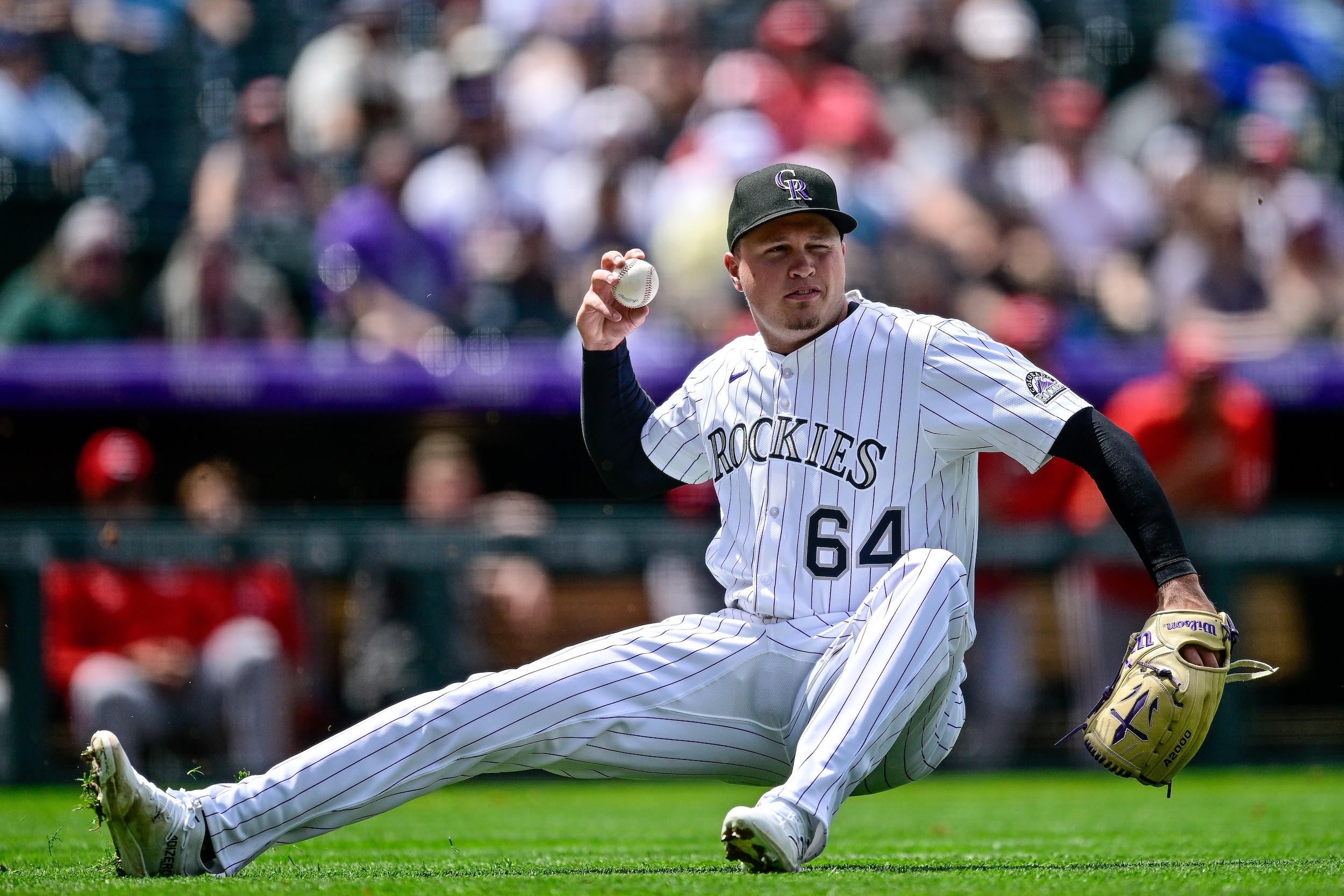Jimmy Lake's official head coaching record at the University of Washington will go down as 7-6, an ignoble mark for the handpicked successor, but in practical terms, he finished at an even .500. Lake was not present for this past Saturday's 35-30 collapse against Arizona State, because he was suspended for punching his own player, so the loss won't go into the books as his, even though he deserved it.
The notably pungent combination of Lake's poor record, short tenure, and suspension illustrates how he was a bad coach whose dismissal went beyond his team's on-field performance. UW Athletic Director Jen Cohen made this explicit when she ended her department's statement on Lake's firing Sunday by noting "this change is necessary for a variety of reasons, both on the field and off." Cohen, whose department fired Lake without cause and will owe him $9.9 million over the next three years, may have been referring to the Huskies' Nov. 6 loss to Oregon, when Lake punched and shoved linebacker Ruperake Fuavai on the sideline, earning him a suspension for the game against ASU. The Seattle Times reported a week later on an October 2019 incident where, according to five witnesses, Lake slammed a player into a locker at halftime.
Lake joined Chris Petersen's Boise State staff in 2012, followed the head coach to Washington in 2014, then was promoted to co-defensive coordinator in 2016. His profile continued to rise as the Huskies made a College Football Playoff and Rose Bowl. By 2019, he was the sole defensive coordinator and the highest-paid assistant in the Pac-12. Lake fit the profile of a successor who could take over and keep things humming; he was reportedly an ace recruiter, brought a renewed level of energy to the role that Petersen never did, and had a near-decade of experience at the highest level of college football. Surely a coach with that résumé would find some level of success, right?
COVID-19 disrupted the 2020 college football season, but Lake's team still went 3-1 and won a bowl game over Boise State. Hours after that win, he fired his offensive coordinator and tight ends coach. Lake replaced his OC with former Penn State coordinator John Donovan, whose pro-style offense and seven years away from college football reportedly raised a few eyebrows. Still, almost every starter would return for the 2021 season, and the Huskies were ranked in the preseason top 25.
Lake spent the offseason making a series of bold proclamations. He claimed his offensive line was unequivocally the Pac-12's best, contrasted his wide receiver corps to past groups that "held us back," and boasted that his team was an immediate CFP contender. The Huskies started the season by suffering the worst loss in program history, losing 13-7 to Montana, an FCS program. The team's offense remained anemic as they scored 10 points at Michigan, notched just 17 at home against UCLA, then managed a meager 166 yards against Oregon. Lake's rivalry week loss was more pathetic because of his haughty dismissiveness of Oregon's worth as an academic institution and recruiting rival (he was more concerned with "academically prowess" schools), and by his mistreatment of Fuavai. This was technically the final snap of Lake's tenure, which is rather fitting.
This was the last snap for Jimmy Lake at Washington pic.twitter.com/5xrK6rw8lS
— Brian Floyd (@BrianMFloyd) November 15, 2021
While 7-6 or even 7-7 is not necessarily a poor enough record to warrant a firing on its own, Lake clearly was not up to the task of leading a program. Less than a quarter of surveyed football players after the 2019 season said they'd recommend the program to other athletes. His decisions dismantled UW's existing recruiting infrastructure, and his hires made little sense. Lake lost out on most of Washington state's best players without meaningfully replacing them. Because Lake was only in his first full season, the school reportedly reassured him he'd be fine "so long as he went about his business the right way and didn’t embarrass the program." Instead, he continued to behave like a megalomaniac, and was fired in humiliating and entirely justified fashion.






